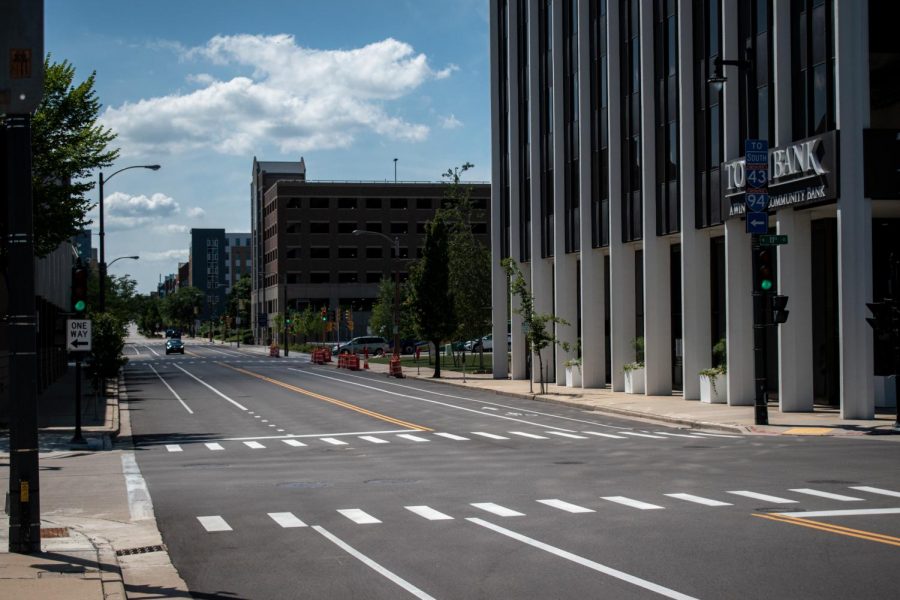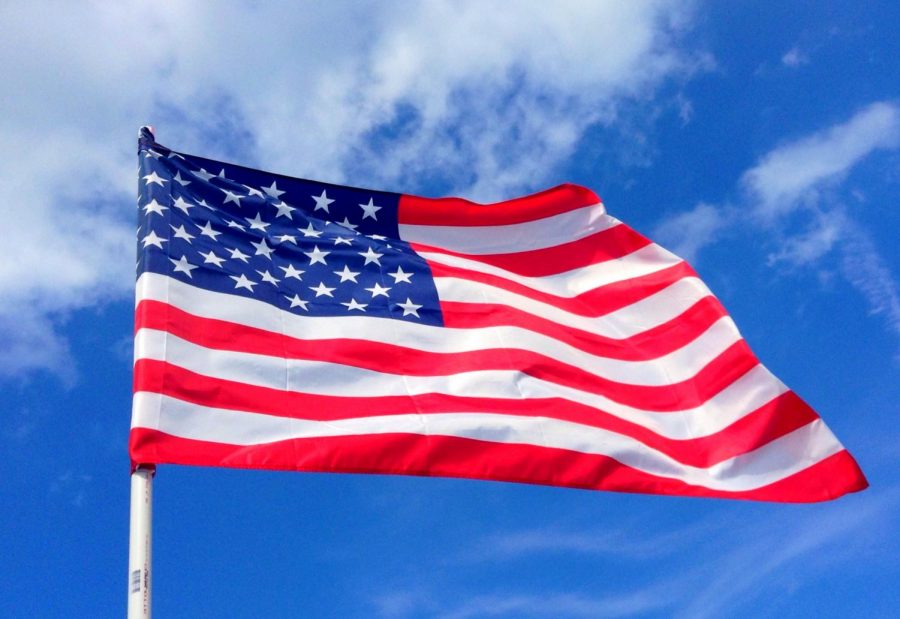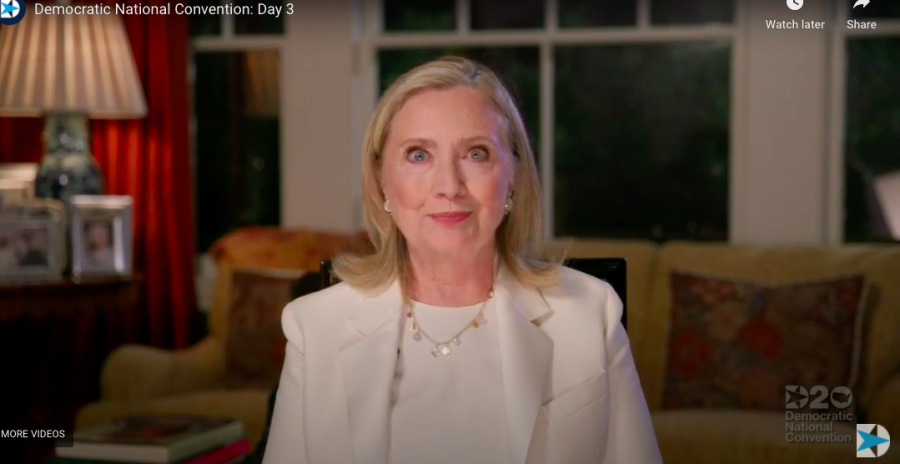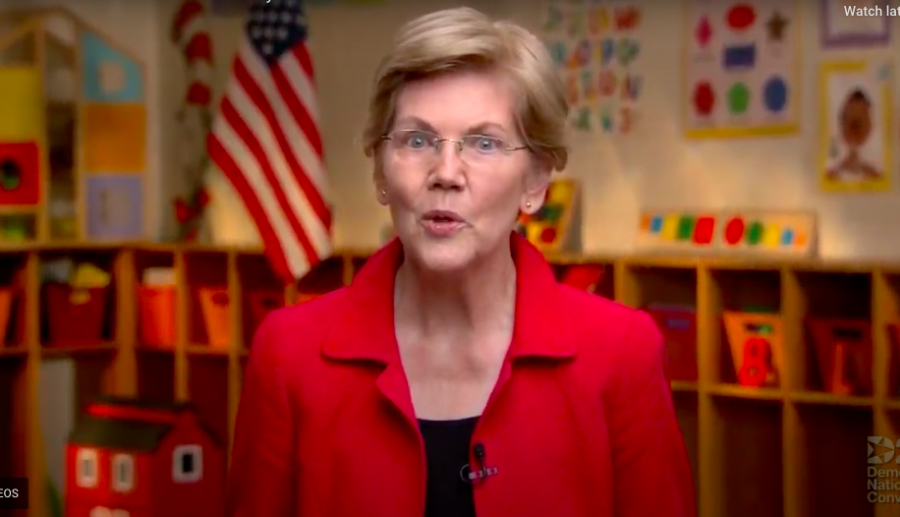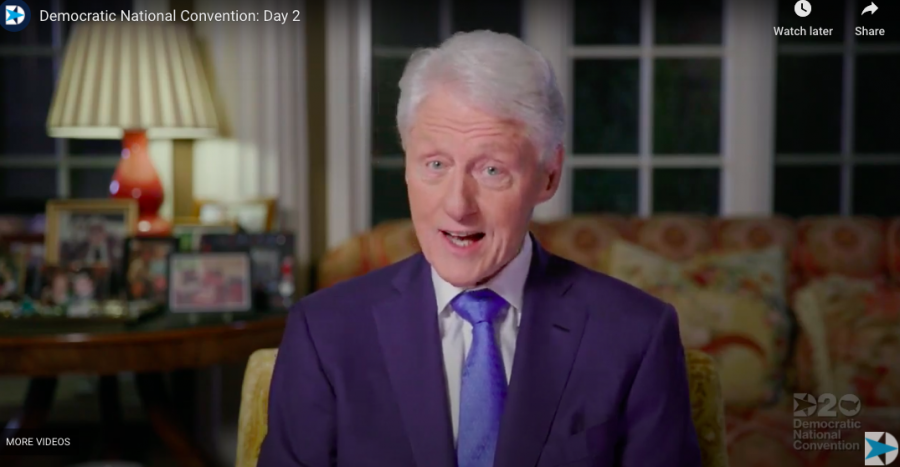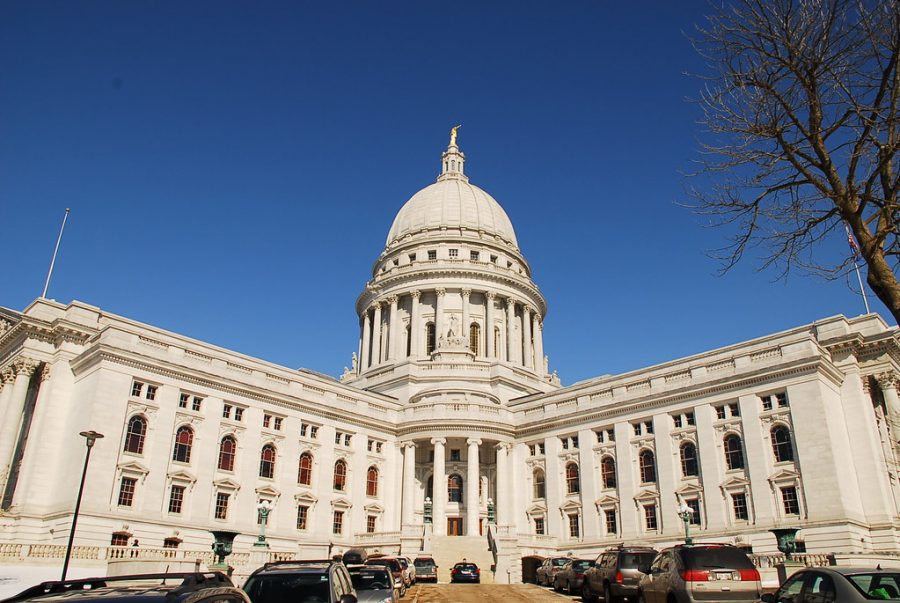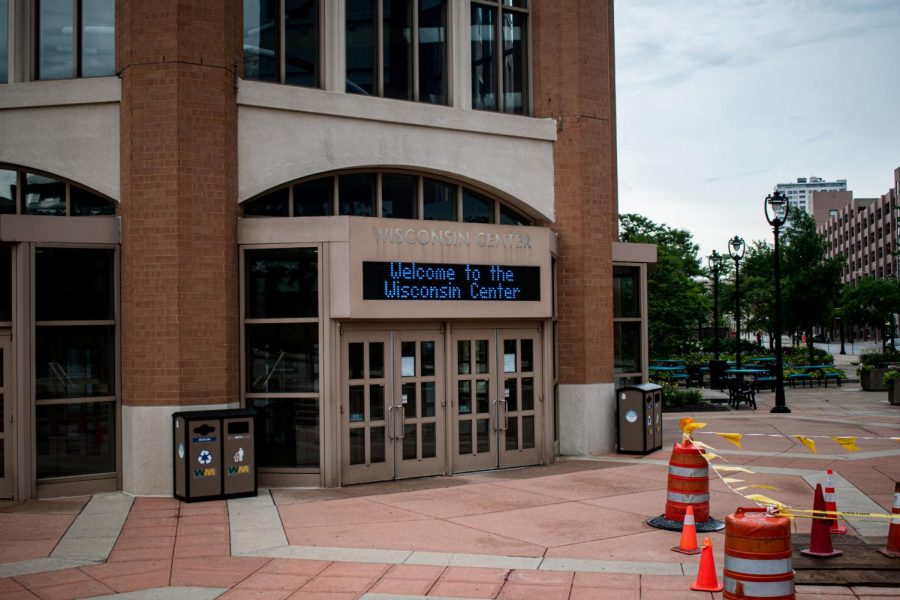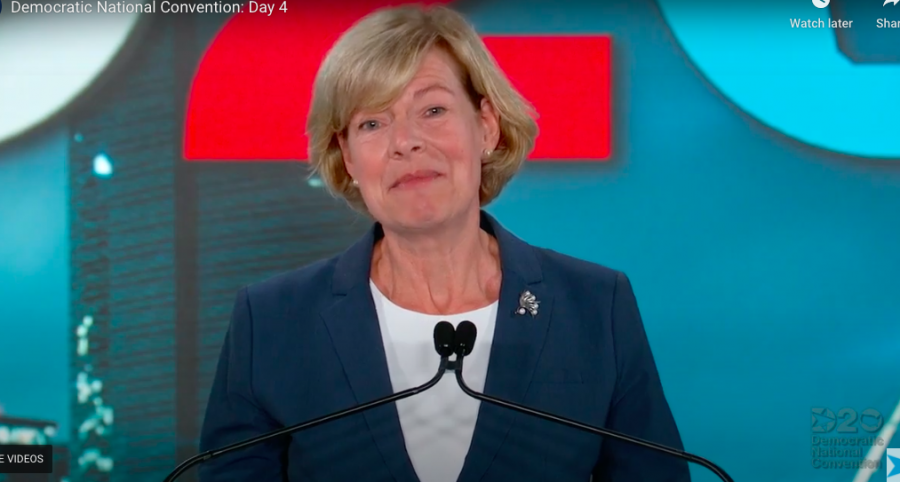In March 2019, Milwaukee was chosen as the site for the 2020 Democratic National Convention. In November 2019, the Marquette Wire interviewed the president of the Host Committee for the 2020 DNC, who said that the convention would be an amazing branding opportunity for the city. But by June 2020, the DNC became almost completely virtual.
Marquette University was involved in much of the DNC planning before its move to be primarily virtual. The university was to house many of the anticipated visitors in its residence halls. Marquette also held many panels in anticipation of the convention.
But Marquette is no longer involved with the convention at all.
“Marquette University, as a good partner to the City as it played host to the DNC, is disappointed that we are unable to collectively showcase Milwaukee and the State of Wisconsin to visitors from across the country,” Mary Czech-Mrochinski, associate vice president for public affairs and co-chair of the university’s convention steering committee, said in an email. “It is equally disappointing that our students, no matter their political affiliation, are unable to take part in this historic opportunity in Milwaukee, in which the university would have been the site for non-partisan or bi-partisan events during the convention.”
The COVID-19 pandemic pushed the convention to August and ultimately to a primarily virtual setting. Milwaukee was anticipating 50,000 visitors to the city and an economic impact of $200 million, Claire Koenig, senior media relations manager for VISIT Milwaukee, said.
The city had prepared for the visitors, with hotel developers racing through the development process to house people, according to the Milwaukee Journal Sentinel.
Following the pandemic, the city anticipated a $3 million economic impact, with 4,000 room nights, Koenig said. Room nights mean nights of a stay purchased at a hotel. For example, one person who stays in a hotel for four nights generates four room nights.
Koenig also said that there would have been increased media exposure to the city, which is now lost.
“Obviously we are devastated for the lost business,” Koenig said. She said a lot of local businesses had ramped up efforts and increased staff, although she did not provide examples.
Koenig said that there is still some spotlight on the city, so VISIT Milwaukee is trying to put Milwaukee’s best foot forward and show the best city they can.
She said VISIT Milwaukee had put out numerous short videos and two short commercials allowing people to virtually see the city for convention week.
Paul Nolette, associate professor and chair of the department of political science, said that political conventions are meant to energize party members.
He said that although convention locations normally do not have a significant impact in terms of increased support, often only showing short term bumps as they are months prior to the election, voter registration numbers in Milwaukee will probably not be as high as they could have been had the convention been in the city.
He also said the virtual nature cuts down on speeches and amount of time party members get to speak, but a lot of the speakers are the same as they possibly would have been.
Nolette said that Wisconsin still has a big role in this election.
“It is the ultimate swing state,” Nolette said. Wisconsin was one of the closest states in the previous election, ultimately voting for President Trump. In Wisconsin in 2016, Trump won 47.2% of the popular vote and Democratic candidate Hillary Clinton won 46.5% of the vote, according to Ballotpedia. There are numerous theories that the Democratic convention’s placement in Milwaukee was related to this.
This story was written by Annie Mattea. She can be reached at anne.mattea@marquette.edu.

